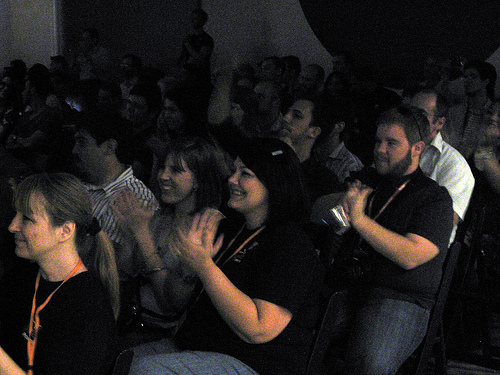How I know when I've got the right ending for my novel
 There are often a number of ways to end a story. Many options might be logical or surprising. How do you pick the right one?
There are often a number of ways to end a story. Many options might be logical or surprising. How do you pick the right one?
What makes a good ending? Three words: surprising, inevitable and right.
The first two categories are linked – and come down to what events you choose and how you seed them.
For me, thinking of events isn't the biggest problem. I can think of many ways to tie up a tale. What I want is the one that will be right.
What is the right ending?
A story is more than a series of stepping stones. It is an emotional journey. There is a reason why it finishes where it does. The end comes when there is a natural feeling of resolution, that the problem, whatever it was, is solved and will never need to be revisited (unless you're brewing a sequel). So a good ending is more than the knotting of loose threads. It has a quality that psychologists call closure. It is a feeling that there is nothing more to deal with.
How I find the right ending
To find my true ending, I go to the beginning. I look at the core question that is asked, and all the underlying subcurrents. What does the character need, today, next week, in the long-term future? Why are these such big issues? What about the questions they don't even know about yet, which will be uncorked as they go through the story?
I ask myself what it will feel like when all those are answered. For My Memories of A Future Life, my adult novel which is currently on submission, the answer came on one of my running sprees. Exhaustion plus endorphins often lead me to interesting insights, particularly when a story is keeping itself obscure. I pounded along with, of all things, the George Michael album Older in my headphones. You may smirk but at the end was a short wistful track with one lyric: 'feels so good to be free'. Sure it's cheesy, but My Memories of A Future Life would not be done until the MC was able to say that.
I also realise it's the song for the end of Life Form 3, the MG novel I am now finishing, and it could well be for the next adult novel I am incubating… hey maybe I'm developing an authorly theme here. But when I first drafted Life Form 3 I had a different ending. It had logic and surprise, but not closure. So I took my running shoes for a spin (with Boards of Canada and Peter Gabriel, since you ask), and examined all the questions in the character's life. That guided me to ditch the final third of the novel and feel my way to the ending that brings true resolution.
Last words first
The children's writer Alan Garner, author of The Weirdstone of Brisingamen, would think of the last line of his novel before any of the others. That's when he knew he was ready to start writing.
I don't necessarily plan the last line, but I do plan the last feeling, or the vibe of the shot if it was a movie. When I have brought the story there, I know I have the right ending. (Thank you, Moriartys, for the pic)
How do you find the right ending for your story?











